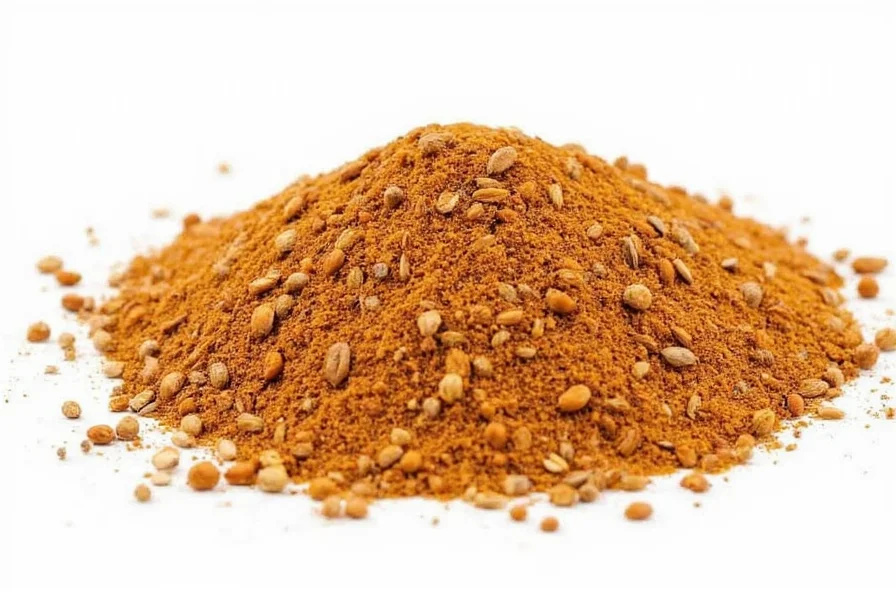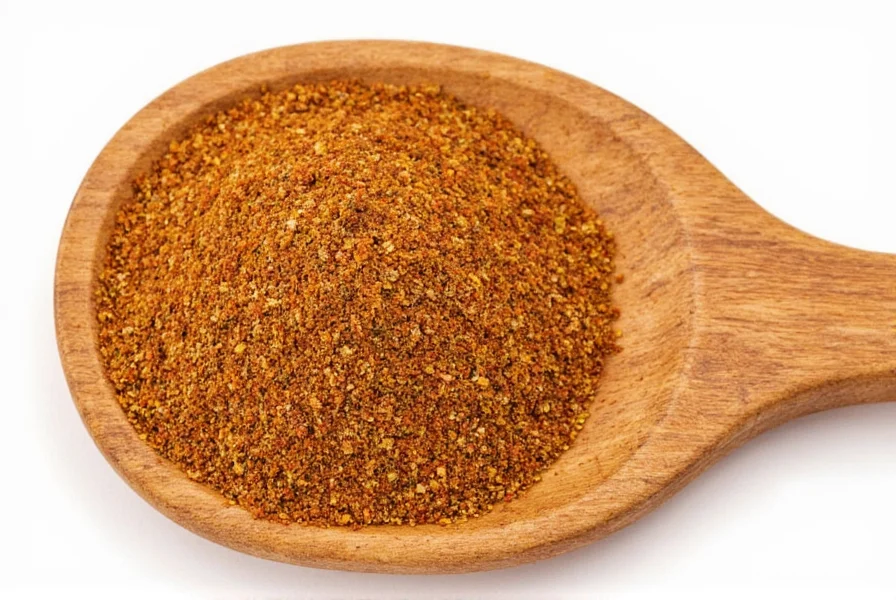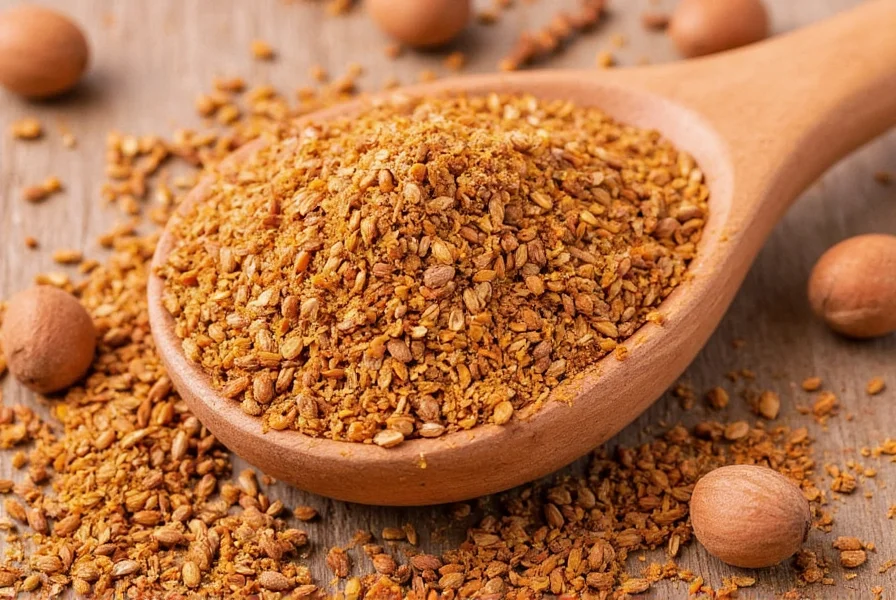For thousands of years, cumin (Cuminum cyminum) has been valued not just for its distinctive earthy flavor but for its potential health-promoting properties. This ancient spice, a member of the parsley family, contains bioactive compounds like cuminaldehyde and thymoquinone that contribute to its therapeutic effects. Modern research continues to validate many traditional uses while revealing new potential applications for this kitchen staple.
Scientifically Supported Health Benefits of Cumin
Digestive Health Enhancement
Cumin has demonstrated significant benefits for digestive function. Studies show it stimulates the production of digestive enzymes from the pancreas, enhancing the breakdown of carbohydrates, fats, and proteins. A clinical trial published in Complementary Therapies in Medicine found that participants taking cumin extract experienced reduced symptoms of indigestion and bloating compared to placebo. The spice also appears to increase bile production, which aids in fat digestion and nutrient absorption.

Anti-Inflammatory Properties
Chronic inflammation underlies many modern diseases, and cumin contains compounds that may help combat this process. Research in the Journal of Ethnopharmacology demonstrated that cumin extract reduced inflammatory markers like TNF-α and IL-6 by up to 33% in animal models. The spice's anti-inflammatory effects appear comparable to some conventional medications at equivalent doses, though human studies are still limited. These properties make cumin a promising dietary addition for those managing inflammatory conditions.
Blood Sugar Regulation
Several studies suggest cumin may help regulate blood glucose levels. A randomized controlled trial with 80 participants published in Nutrition Research found that those consuming 75mg of cumin extract daily for eight weeks showed significant improvements in insulin sensitivity and reductions in fasting blood sugar compared to the control group. The mechanism appears related to cumin's ability to enhance insulin receptor function and protect pancreatic beta cells. While promising, these effects were observed with concentrated extracts rather than typical culinary use.
| Health Benefit | Key Research Findings | Evidence Level |
|---|---|---|
| Digestive Support | Increased digestive enzyme production by 25-30% in clinical trials | Human studies (moderate) |
| Anti-inflammatory | Reduced inflammatory markers by up to 33% in animal and limited human studies | Preliminary human evidence |
| Blood Sugar Control | Improved insulin sensitivity in multiple clinical trials with diabetic patients | Human studies (moderate) |
| Antioxidant Activity | High ORAC value (66,800 μmol TE/100g) indicating strong free radical scavenging | Lab studies (strong) |
Antioxidant Powerhouse
Cumin ranks among the most antioxidant-rich spices, with an ORAC (Oxygen Radical Absorbance Capacity) value of approximately 66,800 μmol TE per 100g. This high antioxidant content helps neutralize free radicals that contribute to cellular damage and chronic disease. The primary antioxidants in cumin include flavonoids, phenolic acids, and terpenes. Regular consumption may help protect against oxidative stress-related conditions, though the exact impact from culinary use requires further study.
Cholesterol Management
Preliminary research suggests cumin may positively influence lipid profiles. A study in the Journal of Medicinal Food reported that participants consuming cumin powder (3g daily) for six weeks showed significant reductions in LDL cholesterol and triglycerides compared to the control group. The mechanism appears related to cumin's ability to enhance bile acid secretion, which helps remove cholesterol from the body. However, larger and longer-term human trials are needed to confirm these effects.
Nutritional Profile of Cumin
Two teaspoons (6g) of ground cumin provides:
- 22 calories
- 1.4g protein
- 1.3g fat
- 2.6g carbohydrates
- 0.8g fiber
- 21% of the Daily Value for iron
- 5% of the Daily Value for magnesium
- Significant amounts of manganese and calcium
Research Limitations and Realistic Expectations
While the health benefits of cumin appear promising, important limitations exist in the current research. Most human studies use concentrated extracts (typically 75-150mg daily) rather than the 1-3g commonly used in cooking. Additionally, many studies have small sample sizes and short durations. The majority of anti-inflammatory and blood sugar research comes from animal models or test tube studies that may not directly translate to human health outcomes.
It's crucial to understand that cumin should be viewed as a complementary component of a healthy diet rather than a treatment for medical conditions. The spice works best as part of an overall pattern of healthy eating and lifestyle choices.
Safety Considerations and Potential Interactions
Cumin is generally recognized as safe when consumed in typical culinary amounts. However, some considerations include:
- High doses (above 10g daily) may cause nausea or dizziness in sensitive individuals
- Potential interaction with blood-thinning medications due to coumarin content
- May lower blood sugar excessively when combined with diabetes medications
- Pregnant women should avoid medicinal doses as cumin may stimulate uterine contractions
As with any dietary change, consult your healthcare provider before using cumin therapeutically, especially if you have underlying health conditions or take medications.
Practical Ways to Incorporate Cumin
To maximize both flavor and potential health benefits:
- Dry toast whole cumin seeds before grinding to enhance flavor and bioactive compound availability
- Add to roasted vegetables (especially sweet potatoes, carrots, and cauliflower)
- Include in homemade hummus or bean dips
- Use in marinades for chicken, fish, or tofu
- Stir into soups, stews, and chili during cooking
- Combine with complementary spices like turmeric and black pepper to enhance absorption

Conclusion
Cumin offers several evidence-supported health benefits that make it more than just a flavor enhancer. Its digestive, anti-inflammatory, and blood sugar regulating properties have been validated through scientific research, though most studies use concentrated forms rather than typical culinary amounts. When incorporated as part of a balanced diet, cumin can contribute to overall health while adding distinctive flavor to meals. As research continues to evolve, this ancient spice maintains its place as both a culinary treasure and a potential contributor to wellness.
Frequently Asked Questions
How much cumin should I consume daily for health benefits?
For culinary use, 1-3 grams (about 1/2 to 1 teaspoon) daily provides flavor and some benefits. Most research showing significant health effects uses concentrated extracts of 75-150mg daily, which is much higher than typical cooking amounts. You would need to consume approximately 3-5 grams of ground cumin daily to approach the doses used in some studies, but consult your healthcare provider before significantly increasing intake.
Can cumin help with weight loss?
Some preliminary research suggests cumin may support weight management. A study in Nutrition Research found that women taking cumin supplements lost slightly more weight than the control group over eight weeks. However, the effect was modest (about 1.5 pounds more), and cumin should not be viewed as a weight loss solution. Its potential benefits likely come from improved digestion and metabolic function rather than direct fat burning.
Is there a difference between black cumin and regular cumin for health benefits?
Yes, black cumin (Nigella sativa) and regular cumin (Cuminum cyminum) are different plants with distinct properties. Black cumin seeds (also called kalonji) contain thymoquinone as their primary active compound and have been studied for respiratory and immune benefits. Regular cumin contains cuminaldehyde as its main compound and is more researched for digestive and metabolic benefits. Both offer health advantages, but they're not interchangeable in research or culinary applications.
What's the best way to prepare cumin to maximize its health benefits?
Dry toasting whole cumin seeds before grinding enhances both flavor and bioactive compound availability. Adding cumin to dishes with healthy fats (like olive oil or avocado) improves absorption of its fat-soluble compounds. Combining cumin with black pepper may further enhance bioavailability, similar to the turmeric-piperine effect. For maximum benefit, use freshly ground cumin rather than pre-ground spice, as volatile compounds degrade over time.
Can cumin interact with medications?
Yes, cumin may interact with certain medications. Due to its coumarin content, it could potentially enhance the effects of blood thinners like warfarin. Cumin's blood sugar-lowering effects might amplify diabetes medications, potentially causing hypoglycemia. It may also interact with medications metabolized by the CYP3A4 enzyme system. If you take prescription medications, especially for blood clotting, diabetes, or blood pressure, consult your healthcare provider before significantly increasing cumin intake beyond normal culinary use.











 浙公网安备
33010002000092号
浙公网安备
33010002000092号 浙B2-20120091-4
浙B2-20120091-4